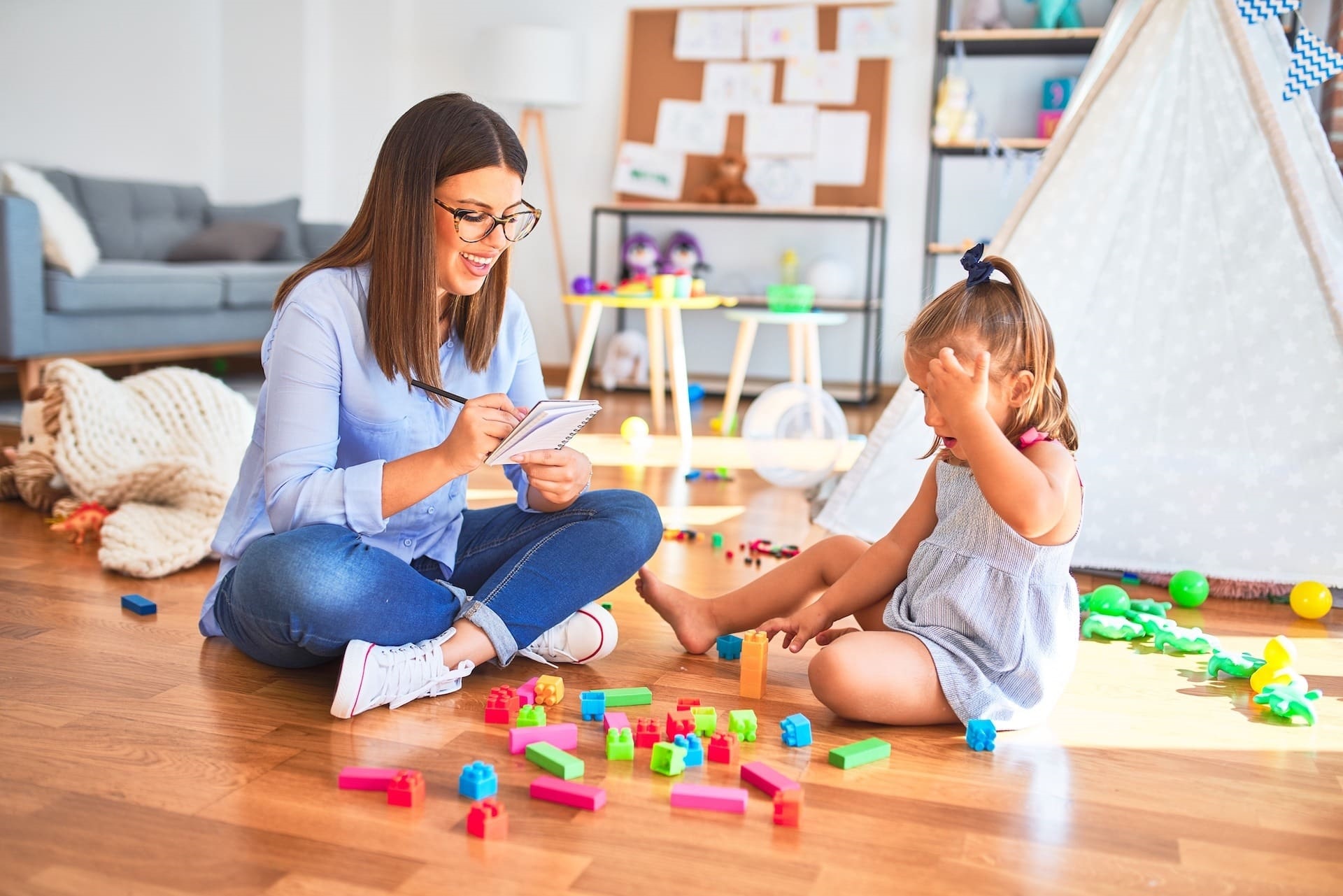Preparing for ABA Therapy: What to Expect in Your Child’s First Sessions

Hello, everyone! If your child is about to begin ABA therapy, you might be wondering what to expect in the first few sessions. Starting therapy can feel like a big step, and knowing what lies ahead can help both you and your child feel more comfortable. In this post, we’ll walk through what the initial phase of ABA therapy looks like and how you can prepare for it at Behavioral Consulting for Autism.
The Initial Assessment
Before your child starts receiving therapy, an initial assessment will take place. This is a crucial step where the BCBA (Board Certified Behavior Analyst) gathers important information about your child’s strengths, challenges, and developmental history. The BCBA may observe your child’s behavior in different settings, talk to you about your child’s daily routines, and ask about any specific goals you have for their development.
Building Rapport
In the first few sessions, your child’s therapist will focus on building a trusting and positive relationship with them. This is especially important because a good rapport sets the foundation for productive therapy. Don’t worry if it seems like they’re playing more than “working” – building comfort and connection is key at this stage.
Setting Up Reinforcement
Your therapist will spend time figuring out what motivates your child. This could be a favorite toy, snack, or activity. Once the therapist identifies effective reinforcers, these will be used to encourage positive behaviors during therapy. Finding the right motivators helps make sessions engaging and fun for your child.
Observing and Gathering Data
In these early sessions, the ABA team will also be collecting baseline data. They’ll observe how your child responds to different instructions, what behaviors they’re already demonstrating, and any challenging behaviors that may need to be addressed. This information will help shape your child’s individualized treatment plan.
Creating a Tailored Treatment Plan
Once the assessment and initial observations are complete, the BCBA will create a personalized ABA therapy plan for your child. This plan will outline specific goals, such as improving communication skills, reducing problem behaviors, or increasing independence. The plan will also specify the methods and strategies the team will use to help your child achieve those goals.
How You Can Prepare
- Communicate with the Team: Share any concerns or questions you have with your child’s therapist. Let them know if there are specific goals you want to prioritize.
- Prepare Your Child: If possible, talk to your child about what they’ll be doing in therapy. Even a simple explanation, like “You’ll be playing and learning with new friends,” can help set the stage.
- Be Patient: The first few sessions may feel slow as your team is gathering information and building a relationship with your child. Trust that this process is necessary to create a plan that truly works for your child’s unique needs.
Starting ABA therapy is a big step, but knowing what to expect can help reduce anxiety for both you and your child. As always, we’re here to support you through every phase of your child’s ABA journey.
Warm Regards,
Deepika
